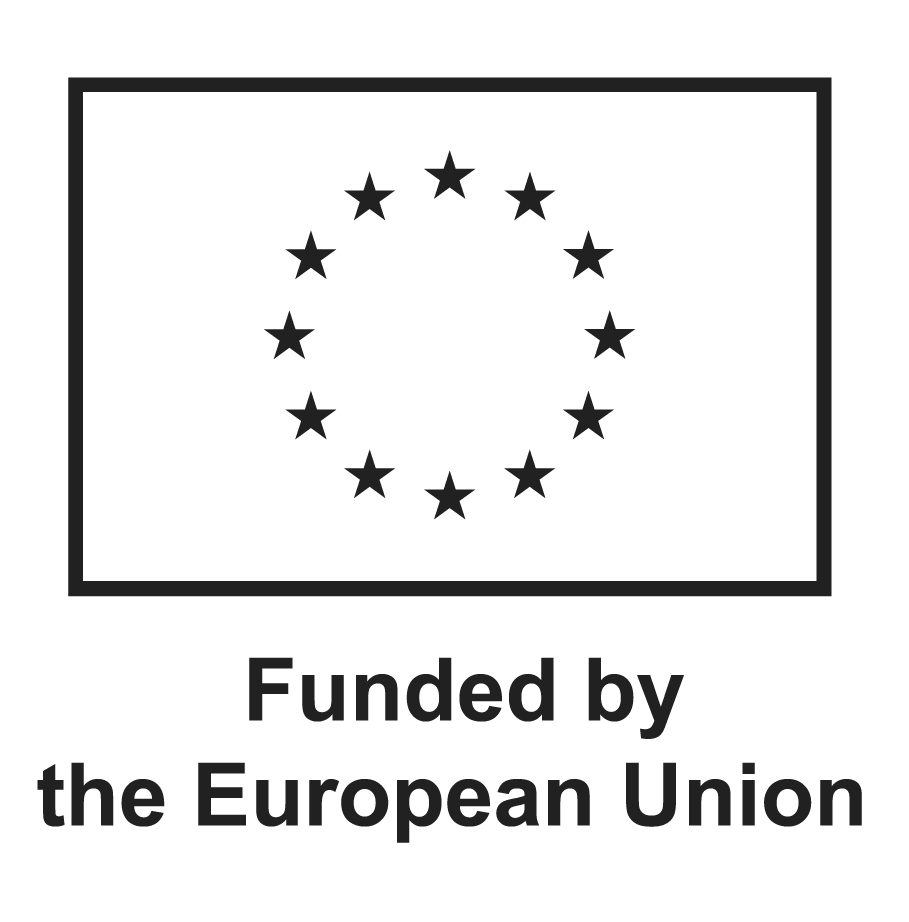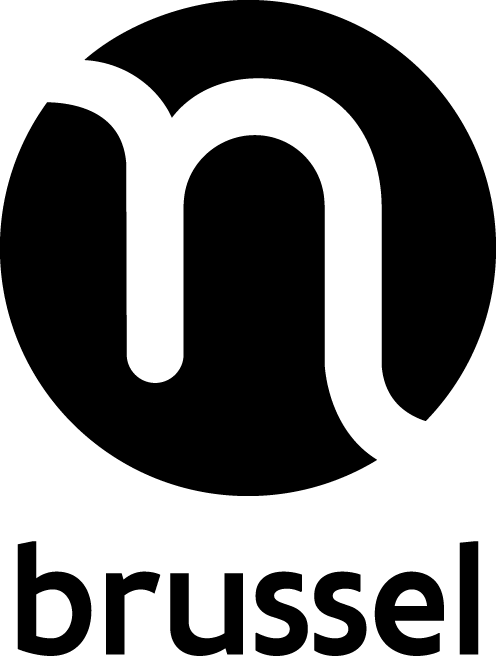
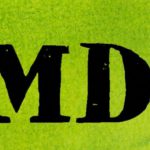
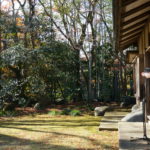
“Language learning as field recording, body as media - Between Flanders and Wallonia, the effort to be modified by the field” is the title of this residency.
This project / performance gravitates around an expanded idea of field recording, in order to partially document language variety in the City of Brussels. The aim is not only to have a first contact with the city and its inner workings through its linguistic variety. But tthis project is also an attempt at having one’s own body modified by a city, somehow recording aspects of it in one’s body. In order to pursue that, the following set of rules / methodology is initially imposed:
1. Spend at least 90% of the residency’s period trying to communicate in the local idioms, only;
a. Pas d’Anglais / Geen Engels / لا الإنجلیزیة.
According to BRIO’s most recent public research entries, besides the prevalence of the official Dutch (Flemish) and French languages, there has been a noticeable rise in the use of English and Arabic in recent years. However, as a fundamental rule of the project, one has to discard English as an option and dedicate learning time (2-3 hours of study per day) to the city’s official languages. Dedicate also some of the learning time to a first contact with Modern Standard Arabic and the related specific language (probably Darija) spoken in the city of Brussels.
b. Dictionaries are also restricted to local idioms, so, for example, one should consult a French dictionary in order to find the meaning of a word in Dutch or in Arabic, and vice versa.
c. One’s access to texts and news are also restricted to local idioms and news vehicles (newspapers, local tv, etc.). This is also valid for internet access.
2. Study and map regions of the city according to language diversity. Spend most of the time out there, in this regions;
3. Document the whole process, through phonography (binaural recordings when possible: prioritize “subjective perspective”, admit and expose your presence), photography and chronicling / diary maintaining;
4. Organize a public presentation of results; while presenting, mix languages if possible.
5. Accept confusion.


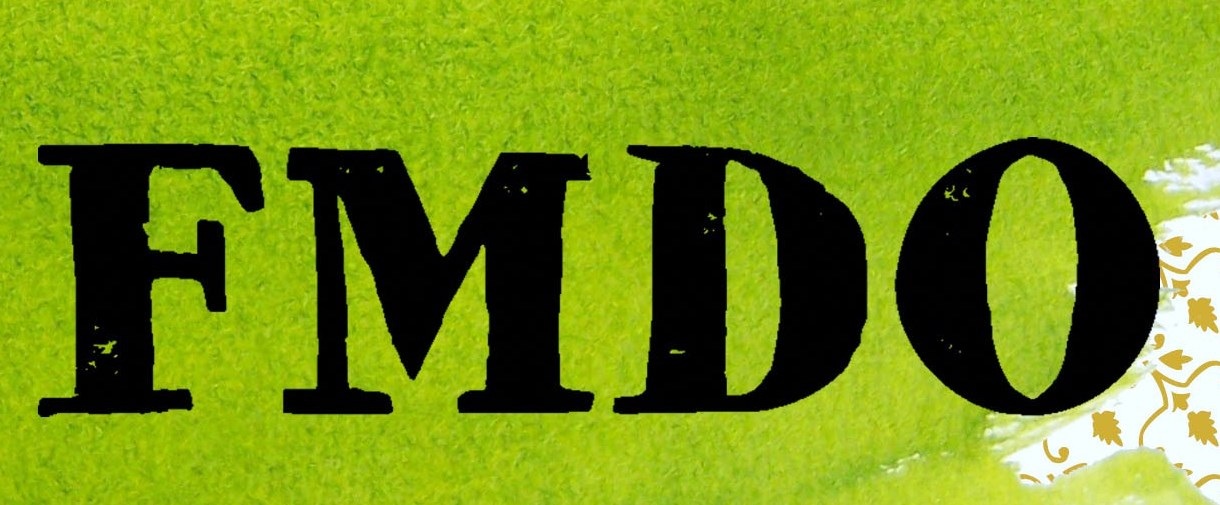

 Sebastian Dingens - WALKS
Sebastian Dingens - WALKS

 Pavel Tchikov 29/11/23
Pavel Tchikov 29/11/23

 Nika Son - Scatter
Nika Son - Scatter
